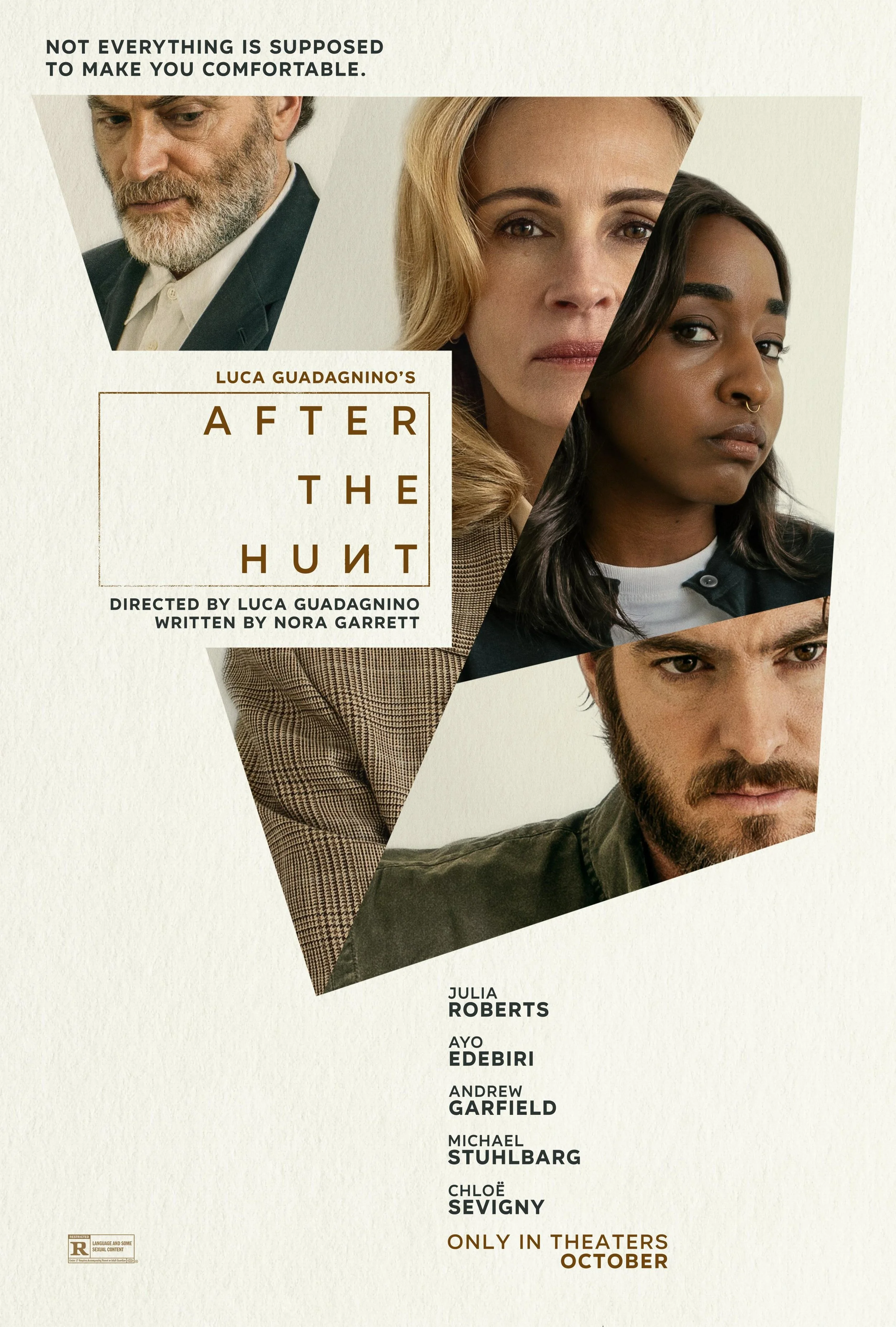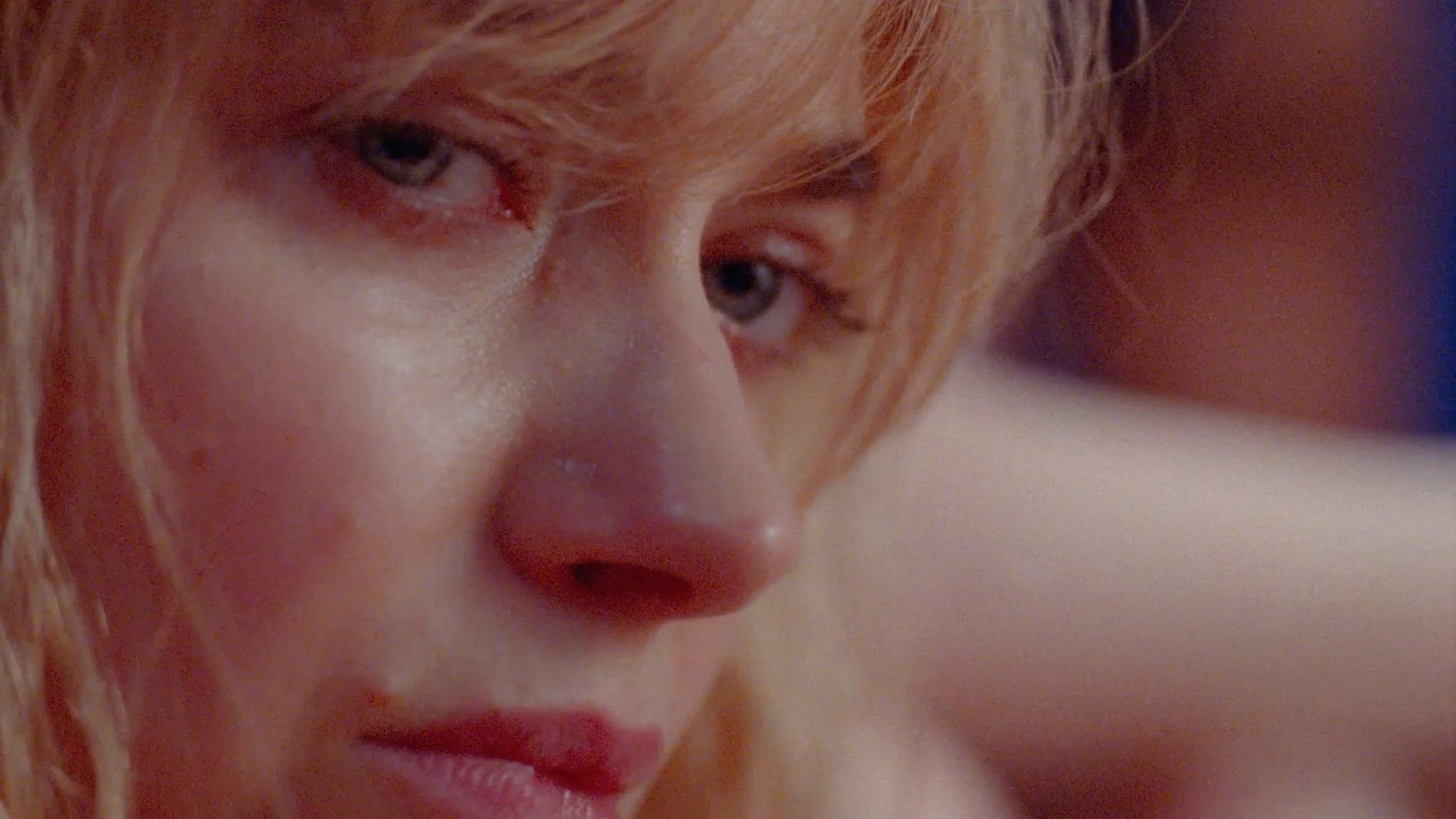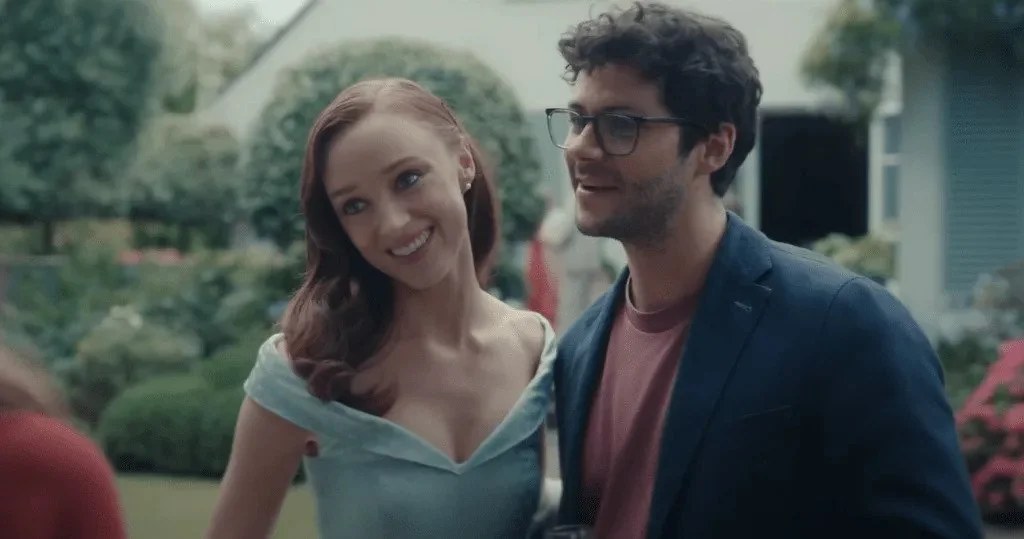After The Hunt
Pick a side and still be wrong.
Luca Guadagnino keeps firing out new films like a machine gun. In 2024, he released two movies back-to-back — Challengers and Queer — and now, in 2025, he’s already presenting his new project, After the Hunt.
The story follows Alma Imhoff, a Yale professor who finds herself in a complicated situation after one of her privileged students accuses another professor of sexual harassment. The film explores how Alma tries to deal with the current circumstances and the connection that this student seeks with her, all while confronting her own secret past and attempting to find a balance between two extremes.
This is one of those “choose a side and still be wrong” kind of stories — a clash between old and new feminism, between women of the old school and the new generation, between patriarchy and those who deal with it quietly, or not so quietly. All sides are slightly radicalized, portrayed very flat, as if they were written by ChatGPT: the man clings to his aggression and hunger for power, the older woman tries to stay defiant while pleasing both sides, and the younger one screams her truth loudly, using it as a ladder-climbing mechanism.
What we get is a morally unstable film that takes a serious issue at the wrong time and place and tries to break it down atom by atom, only to rise above it. That’s been the problem with many filmmakers this year — they think they’re morally elevated enough to dissect socially relevant topics — in this case, the #MeToo movement or social morality — but end up sounding completely tone-deaf. Guadagnino somehow decided he’s high enough on the moral ladder to question both sides of the issue, yet refuses to give any real answers. The film’s moralizing tone, the “you’re all kinda wrong because you’re all too radical” message, just sounds ridiculous.
In the end, After the Hunt feels like a movie Ryan Murphy would make if someone gave him a full Hollywood budget — flashy, topical, and eager to play football with serious social issues.
Visually, of course, it looks stunning — it’s still a Luca Guadagnino film: vibrant, rich, and elegant. The cast does everything they can to keep it watchable — Julia Roberts delivers a strong performance, Ayo Edebiri is, as always, brilliant, Andrew Garfield fits perfectly into his role, and Michael Stuhlbarg is clearly having fun on screen.
But the great cast and their efforts can’t save what ultimately feels like a flat, morally hollow film from a director who decided he’s in a position to lecture both sides of the debate and somehow stay neutral. Luca Guadagnino didn’t pull it off this time.
4/10




